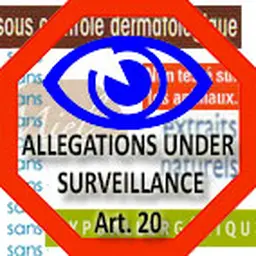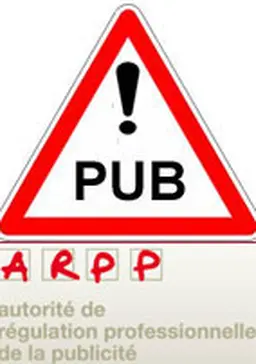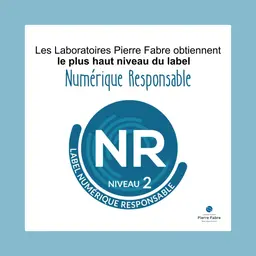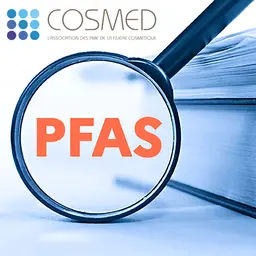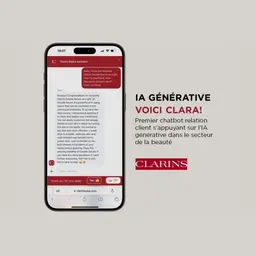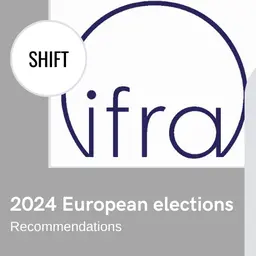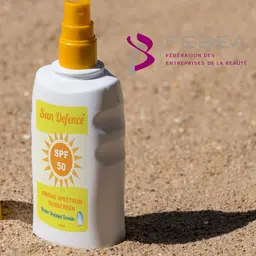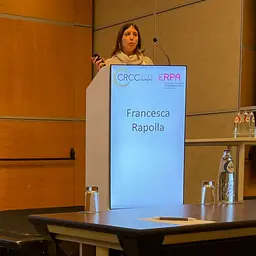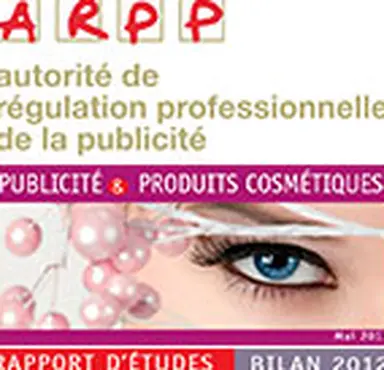
The French Advertising Regulation Authority (ARPP, after its French Acronym) has just released its first sector-specific assessment dedicated to cosmetics. In order to prevent a likely tightening of the regulatory frame in this area, the professionals committed to a self-regulated approach, to limit the breaches of the implemented rules. The dynamics seems to be on its path, as the ARPP presents only 53 advertisements (i.e. 2.40%) subject to reminders.
One may only recognize the effort to transparency. For the first time, the ARPP makes it public, exhaustively, all the cosmetics ads convicted not to comply with the good practices rules enforced in this sector. Further, the ARPP does not provide only figures or statistics: it names the companies, displays the involved texts and explains why they have breached the rules. Though this study report is mainly a reminder of the rules of conduct, nobody questions the efficacy of the method to regulate the market and avoid its most visible excesses.
The context
The global principle underlying the release of this assessment is, indeed, mainly informative. The idea is to encourage – persuade – the professionals to go to self-regulation … to prevent excesses that could lead to a regulation more stringent than the current one.
The new Cosmetics Regulation, which will be implemented on 11 July 2013, when the 1976 Directive becomes obsolete, states that the claims about cosmetic products
"shall not be used to imply that these products have characteristics or functions which they do not have".
For this purpose, it provides acceptance criteria common for all the types of claims.
Six common criteria have been defined: compliance …

